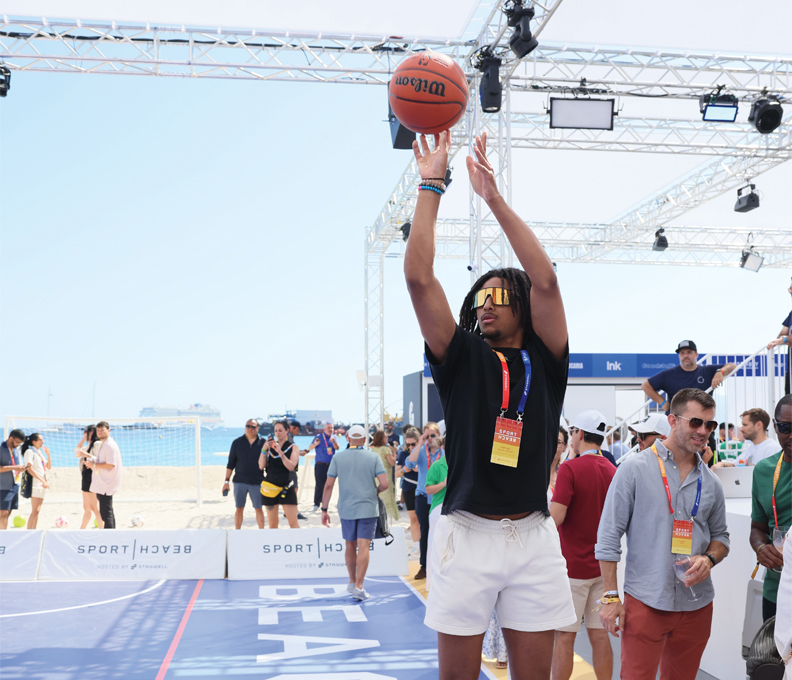Bad Brands and Translation Blunders
May 31, 2018


As Alexander Pope said, “A little knowledge is a dangerous thing.” But could learning just a few phrases in a foreign language actually be hazardous? Yes and no.
In Madrid a few years ago, some coworkers and I stopped at a café for coffee. At least that’s what I ordered. My associate from England was more interested in a lovely cup of tea. But as he looked up at the stunning Spanish waitress, his basic Spanish 101 request came out as “Te quiero” (I love you) instead of “Quiero té” (I want tea). Lucky for him, the waitress smiled – and sat in his lap! Of course, he was dead chuffed (utterly delighted) and now loves Spain. However, language blunders and poor translations rarely work in our favor.
Many global firms have struggled with poor translations of everything from annual reports to brand names. Appropriate translations can be particularly challenging in languages with different writing systems. In written Chinese, characters can represent abstract ideas, so names are very evocative. Poor ones can sink you, and propitious ones sell products.
Adam Wooten, director of translation services at Lingotek (visit lingotek.com), described how Microsoft’s search engine, Bing, eluded disaster in China. “Some Chinese characters that sound like Bing can mean ‘sick’ or have other negative connotations – which would not bode well for Chinese Internet users. Fortunately, as Microsoft stated publicly, the company identified this challenge in its research and added another Chinese character, which changed the pronunciation to Bi-ying. Bi-ying basically means ‘certain to respond’ – a very auspicious phrase for a search engine.”
For every good Bi ying, or Kekou Kele (Coca-Cola’s Chinese moniker means “Delicious Happiness”) there are as many corporate brand name blunders. See if you can match the tacky brand with its company.
1) Incubus A) Nike
2) Mondel?z B) Mercedes Benz
3) Air Bakin’, Air Grill, etc. C) Reebok
4) Bensi D) Kraft
Answers:
1, C: Yes, Reebok named a sneaker after a mythological demon who rapes women at night. It flopped.
2, D: Mondel?z (pronounced Mohn-dah-LEEZ) is the new name for Kraft’s $35 billion snack foods company. Basically Mondel?z violates three rules for a new brand name:
• If you need the Oxford Guide to Etymology to explain how the word is pronounced and what it means, then it’s probably not easy enough for people to remember.
• If the word or acronym has any unpleasant connotations anywhere in the world, you might want to skip it. A little research reveals that in Russian, Mondel?z is a lewd, crude and socially unacceptable term. If you’re targeting Oreos consumers, you should probably strive for a PG rating.
• Can you write it right? In Mondel?z, the line above the second ‘e’ (called a “macron”) is not even consistently printed in Kraft’s various press releases. The Wall Street Journal reports that a Kraft spokesperson disclosed: “This makes our marketing people sad.”
3, A: Nike was forced to recall thousands of pairs of Air Bakin’, Air BBQ, Air Grill, and Air Melt shoes because of a decoration intended to resemble fire on the back of the sneakers. Unfortunately, when viewed from right to left (which is the way Arabic is read), the flames resembled the Arabic word for Allah. Muslims saw this as a desecration on two levels:
• The name of Allah may not be used on a product.
• Arabic tradition deems the foot unclean. Facing worldwide protests and boycotts, Nike recalled the expensive sneakers. (On the good side, Nike’s brand name in China is Naike, which works well because it relates to endurance and perseverance.)
4, B: When Mercedes-Benz was initially translated for the Chinese market, it was unfortunately rendered as Bensi, or “rush to die.” Fortunately, Stuttgart management made some changes and the brand now goes by Benchi, which means “run quickly as if flying.”
Translation blunders are obviously embarrassing and expensive. But multinational firms seem at a loss sometimes to avoid errors in global communications. They turn to marketing research firms and forget about quality translations. Having your collateral translated well the first time is not only cost effective, it demonstrates respect for your prospects and clients.
As Nelson Mandela said, “If you talk to a man in a language he understands, that goes to his head. If you talk to him in his language, that goes to his heart.” Finding professional translators is relatively easy these days. LinkedIn has translation groups filled with professionals who would love to help. Try LinkedIn’s Language Jobs group (with over 20,000 members), Localization Professionals group, or the American Translators Association to start, and post your jobs and questions in front of pros!
Terri Morrison is a speaker and co-author of nine books, including Kiss, Bow or Shake Hands: The Bestselling Guide to Doing Business in More Than Sixty Countries, and her new book, Kiss, Bow or Shake Hands: Sales & Marketing. She is president of Getting Through Customs, developers of Kiss Bow or Shake Hands Digital – available through McGraw-Hill Digital.
Twitter @KissBowAuthor. Telephone (610) 725-1040.
Visit www.kissboworshakehands.com




